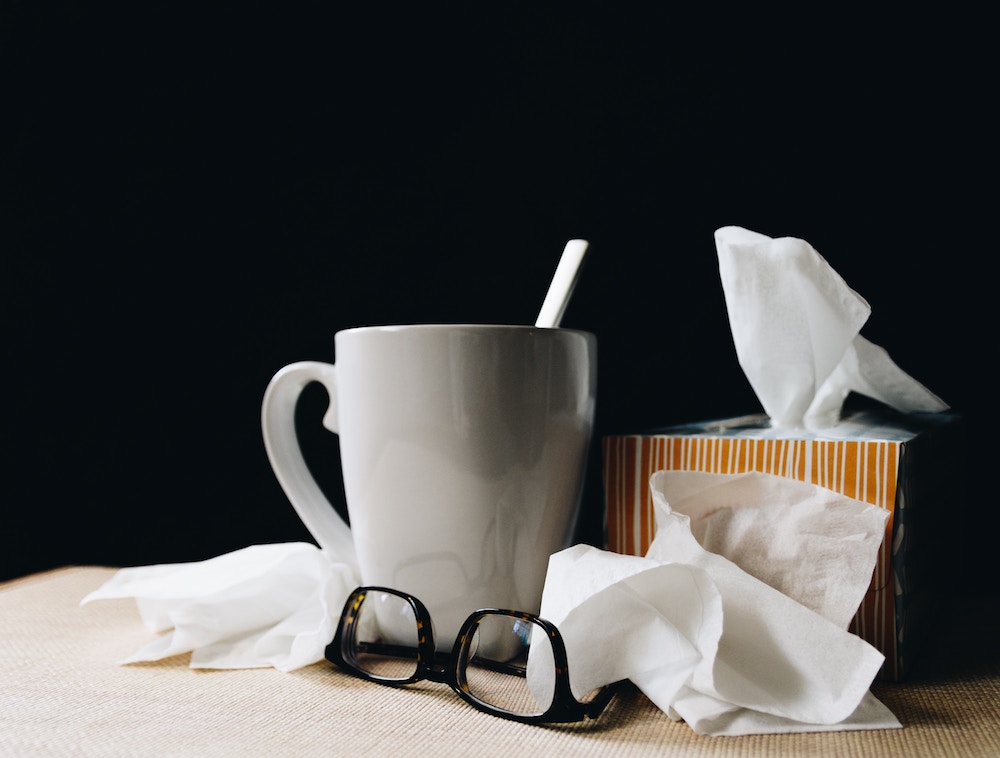.jpg.aspx?width=500&height=379)
Flu season has made major headlines due to its prevalence this year. It has claimed the lives of more than 50 children already and is one of the deadliest in the 13 years the flu has been tracked (U.S. Centers for Disease Control and Prevention, 2018).
One major factor in this year’s flu is how contagious it is. Children and elderly are the most susceptible, and when they do get sick with the flu, it comes on fast. Primary care physician offices may be so overloaded that they refer patients to the nearest emergency department in order to provide the necessary care as quickly as possible. Some hospitals have even needed to increase beds available on units.
Doctors are advocating for people to get their flu vaccination. By getting the flu shot, you cut down the duration if do you end up getting the flu. Doctors are forecasting this flu season to last into April and possibly into the beginning of May.
What are the signs and symptoms that distinguish the flu from a cold? Though both are respiratory illnesses, they are caused by different viruses:
Flu
- Sudden onset
- Usual symptoms: fever, aches, fatigue, weakness, chest discomfort, cough, headaches
- Sometimes: sneezing, stuffy nose, sore throat
Colds
- Gradual onset
- Common: sneezing, stuffy nose, sore throat
- Sometimes: fatigue or weakness
- Rare: headache, chills, fever
- Mild to moderate chest pain or cough
Allergies are a totally separate immunological condition, rather than something brought on by viruses like a cold or flu. While cold and flu symptoms are a one and done scenario, allergies might be more chronic throughout our lifespan or environmentally-founded.
Allergies
- Very common: Sneezing, running nose
- Unusual: headaches, sore throat, or cough
- Rare: fever, aches and pains, fatigue, chest discomfort, coughing
While there is much overlap between all three, allergies may last throughout seasons when something environmental is provoking an immunological response (creation of histamine). You can anticipate your known allergens by looking at the allergen indexes posted with the weather forecasts. There are many over the counter medicines that block histamine production or to suspend it over a period of time.
Though there are ways to stay ahead of the host of viruses or environmental allergens coming at us, when it comes to viruses and allergies, some good practices about holistic health can help prevent catching a virus and help you to get through seasonal allergies. This includes:
- Taking good care of yourself
- Sleeping at least eight hours nightly
- Frequent hand-washing
- Staying home while ill
- If you are in public, apply hand sanitizer frequently
- Cough and sneeze into tissues or elbows
- Exercise regularly
- Take vitamins or supplements
- Drink plenty of water
- Eat healthy foods: Avoid the “Standard American Diet” (SAD), high on vegetables and fruits
- Connect regularly with friends and loved ones
- Have a belief system
- Learn to cope well with stress
- Schedule annual physicals or wellness check-ups
- Know all your biometric numbers
- Get sufficient time outdoors and sun
You can prevent and help avoid the flu, cold, and intense allergies by having daily care that will optimize your path to wellness. Do all that you can to keep yourself, co-workers, and your families healthy yet this winter.
This article was originally featured on Rolling Strong.